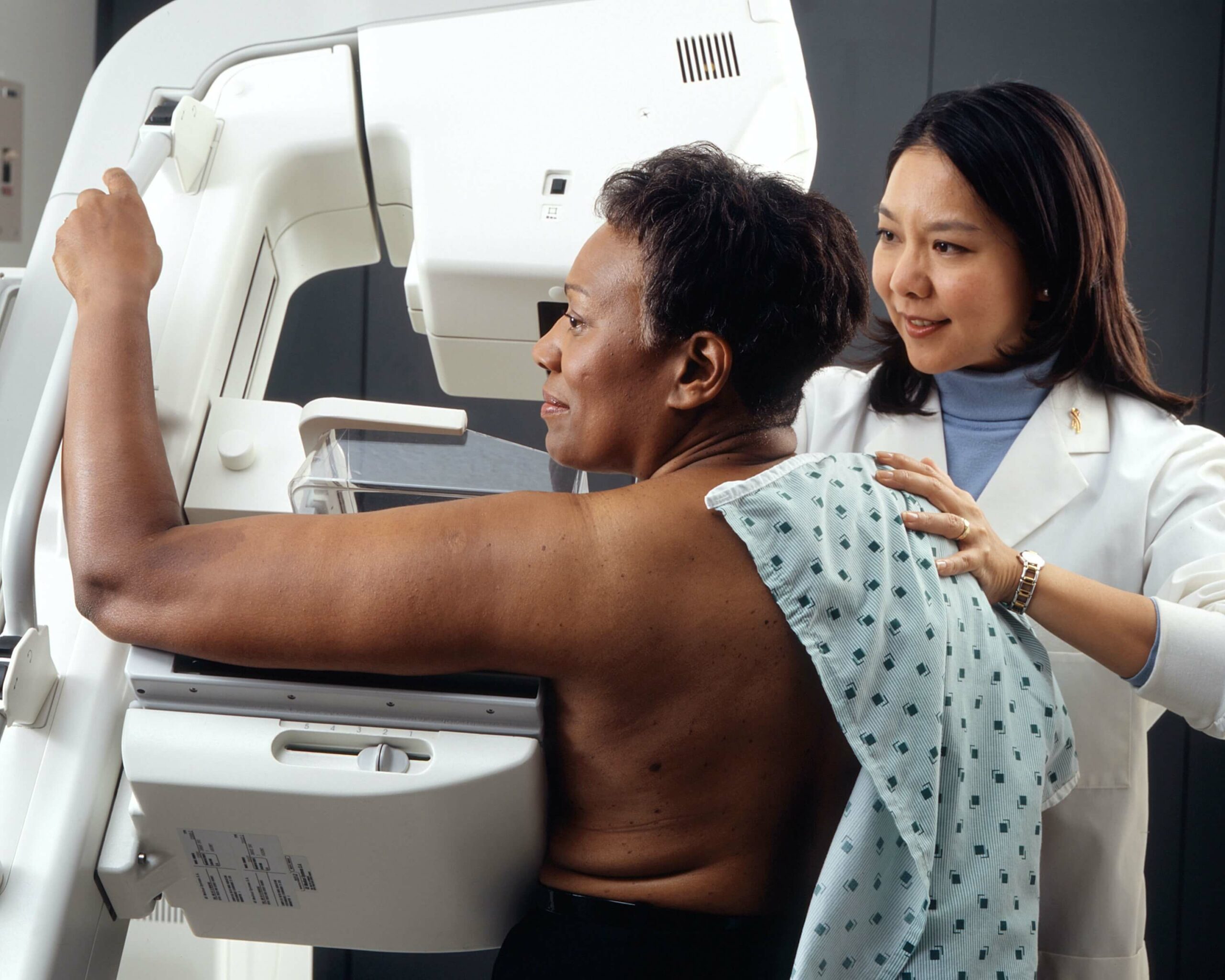Chemotherapy is a drug treatment that uses powerful chemicals to cure or treat cancer. It works by stopping or slowing the growth of cancer cells, which grow and multiply much more quickly than most cells in the body.
Chemo is known as a systemic treatment as it can treat cancer cells almost anywhere in the body. Many different chemotherapy drugs are available, which can be used alone or in combination to treat a wide variety of cancers. Although chemotherapy is a very effective way to treat cancer, it also carries a risk of side effects.
The Effects On Dividing Cells
Chemotherapy circulates throughout your body in the bloodstream and damages cells as they divide. It specifically damages the genes inside the nucleus of cells.
Our body tissues are made up of a multitude of individual cells. Once we reach adulthood, most of our body's cells only divide if they need to repair the damage.
When cells divide, they split into two new identical cells. These cells then continue to divide to make 4, then 8 cells and so on.
In cancer, the cells continue to divide until there is a mass of cells which then develop into a tumour. Because cancer cells divide more rapidly than normal cells, chemotherapy is much more likely to kill them.
Different Types Of Chemotherapy Treatments
Many different chemotherapy drugs are available which can be used alone or in combination to treat a wide variety of cancers.
Some chemo drugs damage cells that are in the process of splitting. Others damage the cells while making copies of all their genes before splitting. Chemotherapy usually does not damage normal, healthy cells as they are not in the process of splitting.
You might be given a combination of different chemotherapy drugs that damage cells at different stages in the process of cell division. This increases the chance of killing more cells.
Chemo can be given in the following ways:
- Intravenous Drips
- Pills
- Injections
- Creams (To E.G. To Treat Skin Cancer)
- Drugs Used To Treat One Area Of The Body
- Given Directly To The Cancer
The Choice And Frequency Of Chemotherapy Treatments
Your doctor will choose the chemotherapy drugs you need based on several factors, including:
- Type Of Cancer
- Stage Of Cancer
- Overall Health
- Previous Cancer Treatments
- Your Goals And Preferences
Your doctor will determine how frequently you receive chemotherapy treatments based on the drugs used, the type of cancer you have and how well your body recovers after each treatment. Treatment may be continuous or may alternate between periods of treatment and periods of rest to let you recover.
When Is Chemotherapy Used?
Chemotherapy can be used as a sole treatment to kill cancer or it can be used in conjunction with other treatments.
Typically, chemo is used in the following situations:
- To cure cancer without other treatments
- After other treatments or surgery to kill hidden cancer cells. This is called adjuvant therapy.
- To prepare you for other treatments. Chemotherapy can be used to shrink tumours which may make other treatments, such as radiation and surgery, possible. This is called neoadjuvant therapy.
- To ease signs and symptoms. Chemotherapy may help relieve the symptoms of cancer by killing some of the cancer cells. This is called palliative chemotherapy.
Chemotherapy Side Effects
Although chemotherapy is targeted at killing cancer cells, it can also affect healthy body tissues where the cells are constantly growing and dividing, such as:
- Your Hair
- Your Bone Marrow
- Your Skin And The Lining Of Your Digestive System
Common side effects of chemotherapy drugs include:
- Nausea
- Vomiting
- Diarrhoea
- Hair Loss
- Loss Of Appetite
- Fatigue
- Fever
- Mouth Sores
- Pain
- Constipation
- Easy Bruising
- Bleeding
Damage to healthy cells is normally only temporary as normal cells can replace or repair the healthy cells that are damaged by chemotherapy. Most side effects usually disappear once your treatment is over.
How Well Does Chemotherapy Work?
Chemotherapy can be effective in treating both primary cancer (which has not spread to other areas of your body), and metastatic cancer (which has spread to other areas of your body).
The chance of chemotherapy curing your cancer depends on the type of cancer you have.
Examples of cancers where chemotherapy works well are testicular cancer and Hodgkin lymphoma.
Some cancers cannot be cured by chemotherapy alone but can be effective when combined with other types of treatment. For example, people with breast or bowel cancer often have chemotherapy after surgery to help lower the risk of the cancer coming back.
If your cancer is incurable, your doctor may still suggest chemotherapy to:
- Shrink The Cancer
- Relieve Your Symptoms
- Give You A Longer Life By Controlling The Cancer Or Putting It Into Remission
Complete And Partial Remission
There are two kinds of remission, namely complete remission and partial remission.
Complete remission means that the cancer cannot be detected on any tests including scans, x-rays or blood tests. Partial remission means the chemo has killed some of the cells, but not all. The treatment may have stopped the cancer from growing or could have made the cancer smaller. Other treatments such as surgery or radiotherapy are more effective after the tumour has been shrunk using chemotherapy.


 71–75 Shelton Street, Covent Garden, London, WC2H 9JQ
71–75 Shelton Street, Covent Garden, London, WC2H 9JQ +44 (0) 20 3376 1032
+44 (0) 20 3376 1032



